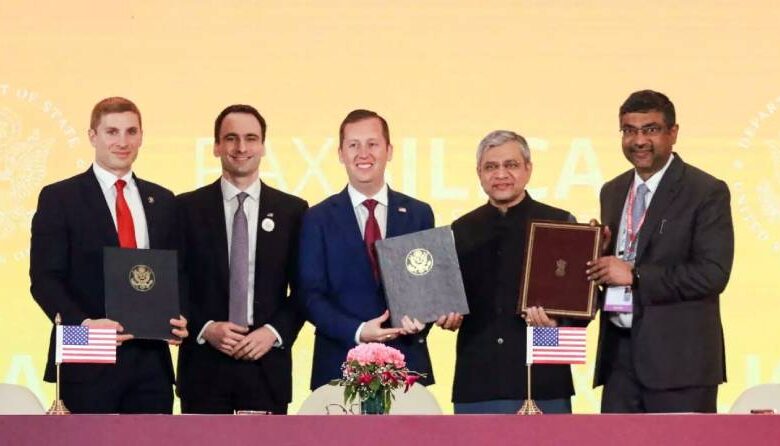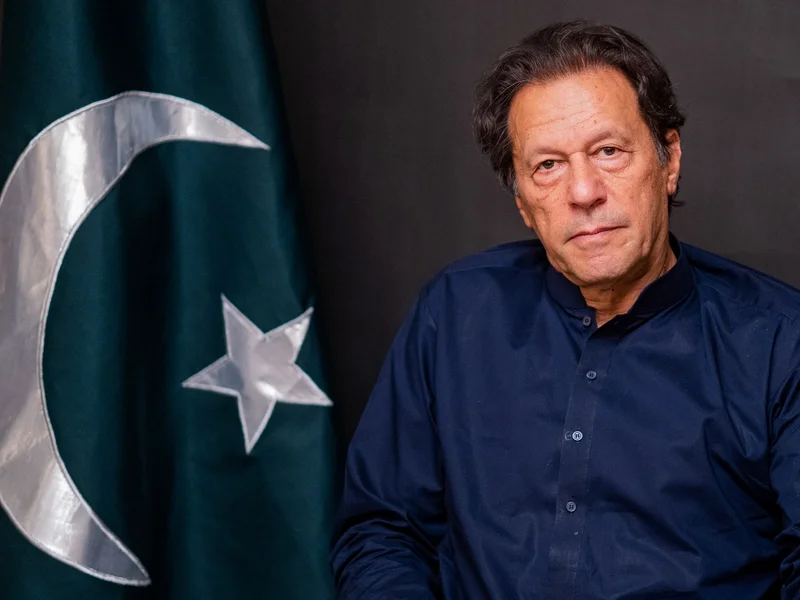Beijing | In a significant step toward mending diplomatic ties, India has announced the resumption of tourist visa services for Chinese nationals, five years after suspending them due to the COVID-19 pandemic and escalating tensions along the Line of Actual Control. The move signals a cautious but meaningful thaw in India-China relations, which had been strained since the deadly Galwan Valley clash in 2020.
The Indian Embassy in Beijing confirmed the development on Thursday, stating that Chinese citizens can now apply for tourist visas starting this week. In an official notification, the embassy detailed the required procedures and documentation, and directed applicants to submit their forms at the Indian Visa Application Centers in Beijing, Shanghai, and Guangzhou.
This visa restoration follows high-level talks between Indian External Affairs Minister S. Jaishankar and his Chinese counterpart Wang Yi held nearly ten days ago. The discussions, which occurred during Jaishankar’s visit to Beijing for the Shanghai Cooperation Organisation (SCO) Foreign Ministers’ Summit on July 14–15, were marked by renewed emphasis on restoring normalcy and cooperation in bilateral ties.
Jaishankar also held talks with Chinese Vice President Han Zheng, where he stressed that gradual normalization of India-China relations could lead to mutually beneficial outcomes. The resumption of the Kailash Mansarovar Yatra last month — a spiritual pilgrimage suspended for five years — had already hinted at improving engagement between the two nations.

India had originally suspended tourist visas for Chinese nationals in early 2020 at the onset of the global COVID-19 outbreak. However, those restrictions were prolonged further in light of the military standoff and diplomatic chill following the Galwan Valley incident, where soldiers from both sides suffered casualties.
With the reinstatement of tourist visas, Indian authorities hope to not only boost people-to-people contact but also revive tourism revenue that had been heavily impacted during the freeze. While this marks a positive shift, experts suggest that continued dialogue, confidence-building, and resolution of pending border issues will be key to fully normalizing relations between the Asian giants.









